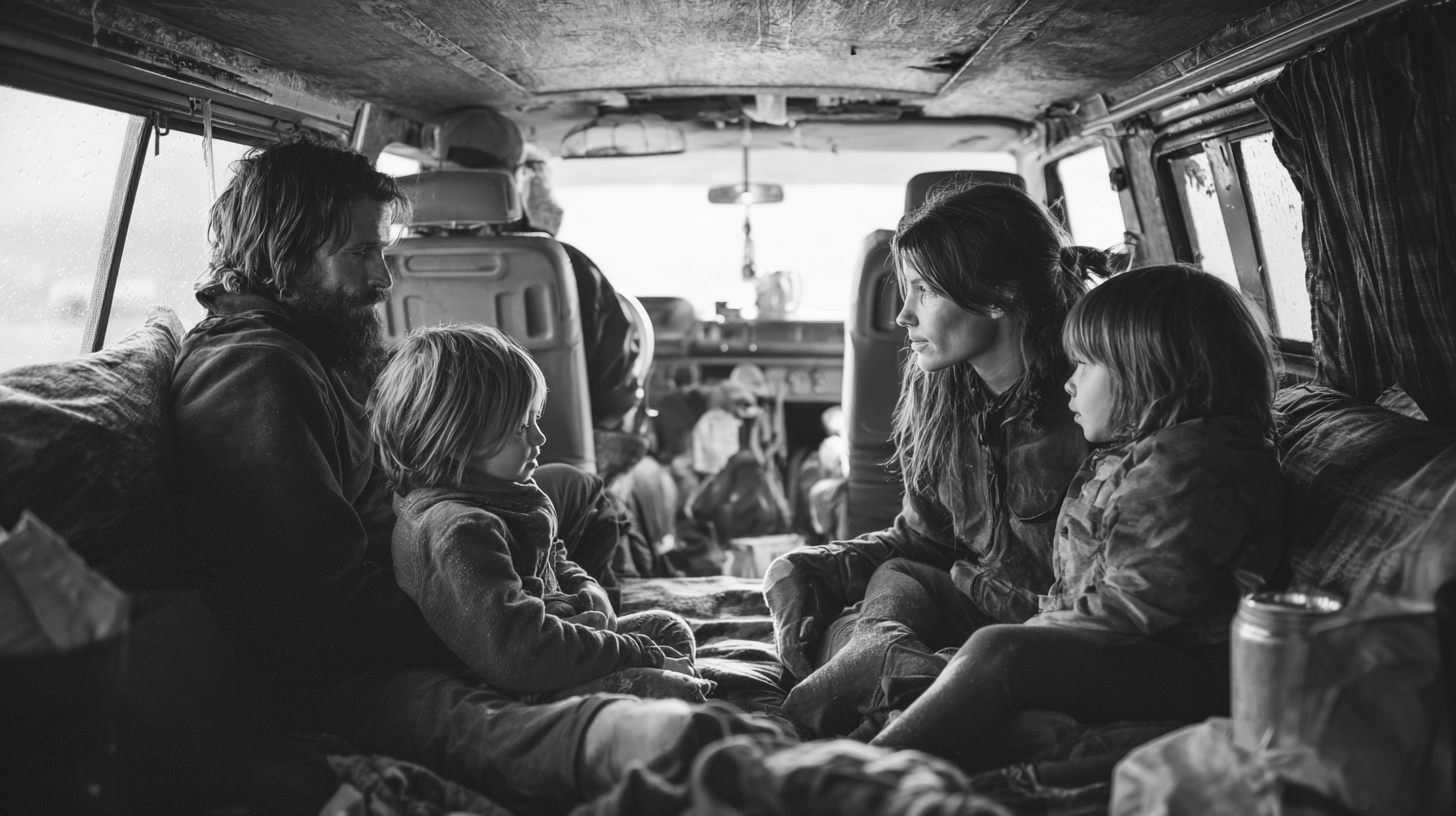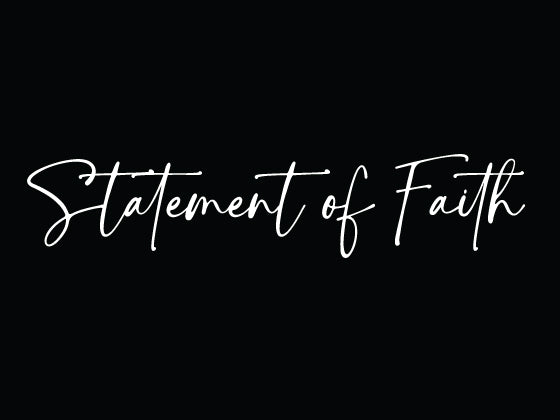Today's Scriptures | Genesis 25-26 and Matthew 9:1-17
Genesis 25-26
The Death of Abraham
25 Abraham had taken another wife, whose name was Keturah. 2 She bore him Zimran, Jokshan, Medan, Midian, Ishbak and Shuah. 3 Jokshan was the father of Sheba and Dedan; the descendants of Dedan were the Ashurites, the Letushites and the Leummites. 4 The sons of Midian were Ephah, Epher, Hanok, Abida and Eldaah. All these were descendants of Keturah.
5 Abraham left everything he owned to Isaac. 6 But while he was still living, he gave gifts to the sons of his concubines and sent them away from his son Isaacto the land of the east.
7 Abraham lived a hundred and seventy-five years. 8 Then Abraham breathed his last and died at a good old age, an old man and full of years; and he was gathered to his people. 9 His sons Isaac and Ishmael buried him in the cave of Machpelah near Mamre, in the field of Ephron son of Zohar the Hittite, 10 the field Abraham had bought from the Hittites.[a] There Abraham was buried with his wife Sarah. 11 After Abraham’s death, God blessed his son Isaac, who then lived near Beer Lahai Roi.
Ishmael’s Sons
12 This is the account of the family line of Abraham’s son Ishmael, whom Sarah’s slave, Hagar the Egyptian, bore to Abraham.
13 These are the names of the sons of Ishmael, listed in the order of their birth: Nebaioth the firstborn of Ishmael, Kedar, Adbeel, Mibsam, 14 Mishma, Dumah,Massa, 15 Hadad, Tema, Jetur, Naphish and Kedemah. 16 These were the sons of Ishmael, and these are the names of the twelve tribal rulers according to their settlements and camps. 17 Ishmael lived a hundred and thirty-seven years. He breathed his last and died, and he was gathered to his people. 18 His descendants settled in the area from Havilah to Shur, near the eastern border of Egypt, as you go toward Ashur. And they lived in hostility toward[b] all the tribes related to them.
Jacob and Esau
19 This is the account of the family line of Abraham’s son Isaac.
Abraham became the father of Isaac, 20 and Isaac was forty years old when he married Rebekah daughter of Bethuel the Aramean from Paddan Aram[c] and sister of Laban the Aramean.
21 Isaac prayed to the Lord on behalf of his wife, because she was childless. The Lord answered his prayer, and his wife Rebekah became pregnant. 22 The babies jostled each other within her, and she said, “Why is this happening to me?” So she went to inquire of the Lord.
23 The Lord said to her,
“Two nations are in your womb,
and two peoples from within you will be separated;
one people will be stronger than the other,
and the older will serve the younger.”
24 When the time came for her to give birth, there were twin boys in her womb.25 The first to come out was red, and his whole body was like a hairy garment; so they named him Esau.[d] 26 After this, his brother came out, with his hand grasping Esau’s heel; so he was named Jacob.[e] Isaac was sixty years old when Rebekah gave birth to them.
27 The boys grew up, and Esau became a skillful hunter, a man of the open country, while Jacob was content to stay at home among the tents. 28 Isaac, who had a taste for wild game, loved Esau, but Rebekah loved Jacob.
29 Once when Jacob was cooking some stew, Esau came in from the open country, famished. 30 He said to Jacob, “Quick, let me have some of that red stew! I’m famished!” (That is why he was also called Edom.[f])
31 Jacob replied, “First sell me your birthright.”
32 “Look, I am about to die,” Esau said. “What good is the birthright to me?”
33 But Jacob said, “Swear to me first.” So he swore an oath to him, selling his birthright to Jacob.
34 Then Jacob gave Esau some bread and some lentil stew. He ate and drank, and then got up and left.
So Esau despised his birthright.
Isaac and Abimelek
26 Now there was a famine in the land—besides the previous famine in Abraham’s time—and Isaac went to Abimelek king of the Philistines in Gerar.2 The Lord appeared to Isaac and said, “Do not go down to Egypt; live in the land where I tell you to live. 3 Stay in this land for a while, and I will be with you and will bless you. For to you and your descendants I will give all these lands and will confirm the oath I swore to your father Abraham. 4 I will make your descendantsas numerous as the stars in the sky and will give them all these lands, and through your offspring[g] all nations on earth will be blessed,[h] 5 because Abraham obeyed me and did everything I required of him, keeping my commands, my decrees and my instructions.” 6 So Isaac stayed in Gerar.
7 When the men of that place asked him about his wife, he said, “She is my sister,” because he was afraid to say, “She is my wife.” He thought, “The men of this place might kill me on account of Rebekah, because she is beautiful.”
8 When Isaac had been there a long time, Abimelek king of the Philistines looked down from a window and saw Isaac caressing his wife Rebekah. 9 So Abimelek summoned Isaac and said, “She is really your wife! Why did you say, ‘She is my sister’?”
Isaac answered him, “Because I thought I might lose my life on account of her.”
10 Then Abimelek said, “What is this you have done to us? One of the men might well have slept with your wife, and you would have brought guilt upon us.”
11 So Abimelek gave orders to all the people: “Anyone who harms this man or his wife shall surely be put to death.”
12 Isaac planted crops in that land and the same year reaped a hundredfold,because the Lord blessed him. 13 The man became rich, and his wealth continued to grow until he became very wealthy. 14 He had so many flocks and herds and servants that the Philistines envied him. 15 So all the wells that his father’s servants had dug in the time of his father Abraham, the Philistines stopped up, filling them with earth.
16 Then Abimelek said to Isaac, “Move away from us; you have become too powerful for us.”
17 So Isaac moved away from there and encamped in the Valley of Gerar, where he settled. 18 Isaac reopened the wells that had been dug in the time of his father Abraham, which the Philistines had stopped up after Abraham died, and he gave them the same names his father had given them.
19 Isaac’s servants dug in the valley and discovered a well of fresh water there.20 But the herders of Gerar quarreled with those of Isaac and said, “The water is ours!” So he named the well Esek,[i] because they disputed with him. 21 Then they dug another well, but they quarreled over that one also; so he named it Sitnah.[j] 22 He moved on from there and dug another well, and no one quarreled over it. He named it Rehoboth,[k] saying, “Now the Lord has given us room and we will flourish in the land.”
23 From there he went up to Beersheba. 24 That night the Lord appeared to him and said, “I am the God of your father Abraham. Do not be afraid, for I am with you; I will bless you and will increase the number of your descendants for the sake of my servant Abraham.”
25 Isaac built an altar there and called on the name of the Lord. There he pitched his tent, and there his servants dug a well.
26 Meanwhile, Abimelek had come to him from Gerar, with Ahuzzath his personal adviser and Phicol the commander of his forces. 27 Isaac asked them, “Why have you come to me, since you were hostile to me and sent me away?”
28 They answered, “We saw clearly that the Lord was with you; so we said, ‘There ought to be a sworn agreement between us’—between us and you. Let us make a treaty with you 29 that you will do us no harm, just as we did not harm you but always treated you well and sent you away peacefully. And now you are blessed by the Lord.”
30 Isaac then made a feast for them, and they ate and drank. 31 Early the next morning the men swore an oath to each other. Then Isaac sent them on their way, and they went away peacefully.
32 That day Isaac’s servants came and told him about the well they had dug. They said, “We’ve found water!” 33 He called it Shibah,[l] and to this day the name of the town has been Beersheba.[m]
Jacob Takes Esau’s Blessing
34 When Esau was forty years old, he married Judith daughter of Beeri the Hittite, and also Basemath daughter of Elon the Hittite. 35 They were a source of grief to Isaac and Rebekah.
Matthew 9:1-17
Jesus Forgives and Heals a Paralyzed Man
9 Jesus stepped into a boat, crossed over and came to his own town. 2 Some men brought to him a paralyzed man, lying on a mat. When Jesus saw their faith, he said to the man, “Take heart, son; your sins are forgiven.”
3 At this, some of the teachers of the law said to themselves, “This fellow is blaspheming!”
4 Knowing their thoughts, Jesus said, “Why do you entertain evil thoughts in your hearts? 5 Which is easier: to say, ‘Your sins are forgiven,’ or to say, ‘Get up and walk’?6 But I want you to know that the Son of Manhas authority on earth to forgive sins.” So he said to the paralyzed man, “Get up, take your mat and go home.” 7 Then the man got up and went home. 8 When the crowd saw this, they were filled with awe; and they praised God, who had given such authority to man.
The Calling of Matthew
9 As Jesus went on from there, he saw a man named Matthew sitting at the tax collector’s booth. “Follow me,” he told him, and Matthew got up and followed him.
10 While Jesus was having dinner at Matthew’s house, many tax collectors and sinners came and ate with him and his disciples. 11 When the Pharisees saw this, they asked his disciples, “Why does your teacher eat with tax collectors and sinners?”
12 On hearing this, Jesus said, “It is not the healthy who need a doctor, but the sick.13 But go and learn what this means: ‘I desire mercy, not sacrifice.’[a] For I have not come to call the righteous, but sinners.”
Jesus Questioned About Fasting
14 Then John’s disciples came and asked him, “How is it that we and the Pharisees fast often, but your disciples do not fast?”
15 Jesus answered, “How can the guests of the bridegroom mourn while he is with them? The time will come when the bridegroom will be taken from them; then they will fast.
16 “No one sews a patch of unshrunk cloth on an old garment, for the patch will pull away from the garment, making the tear worse. 17 Neither do people pour new wine into old wineskins. If they do, the skins will burst; the wine will run out and the wineskins will be ruined. No, they pour new wine into new wineskins, and both are preserved.”










